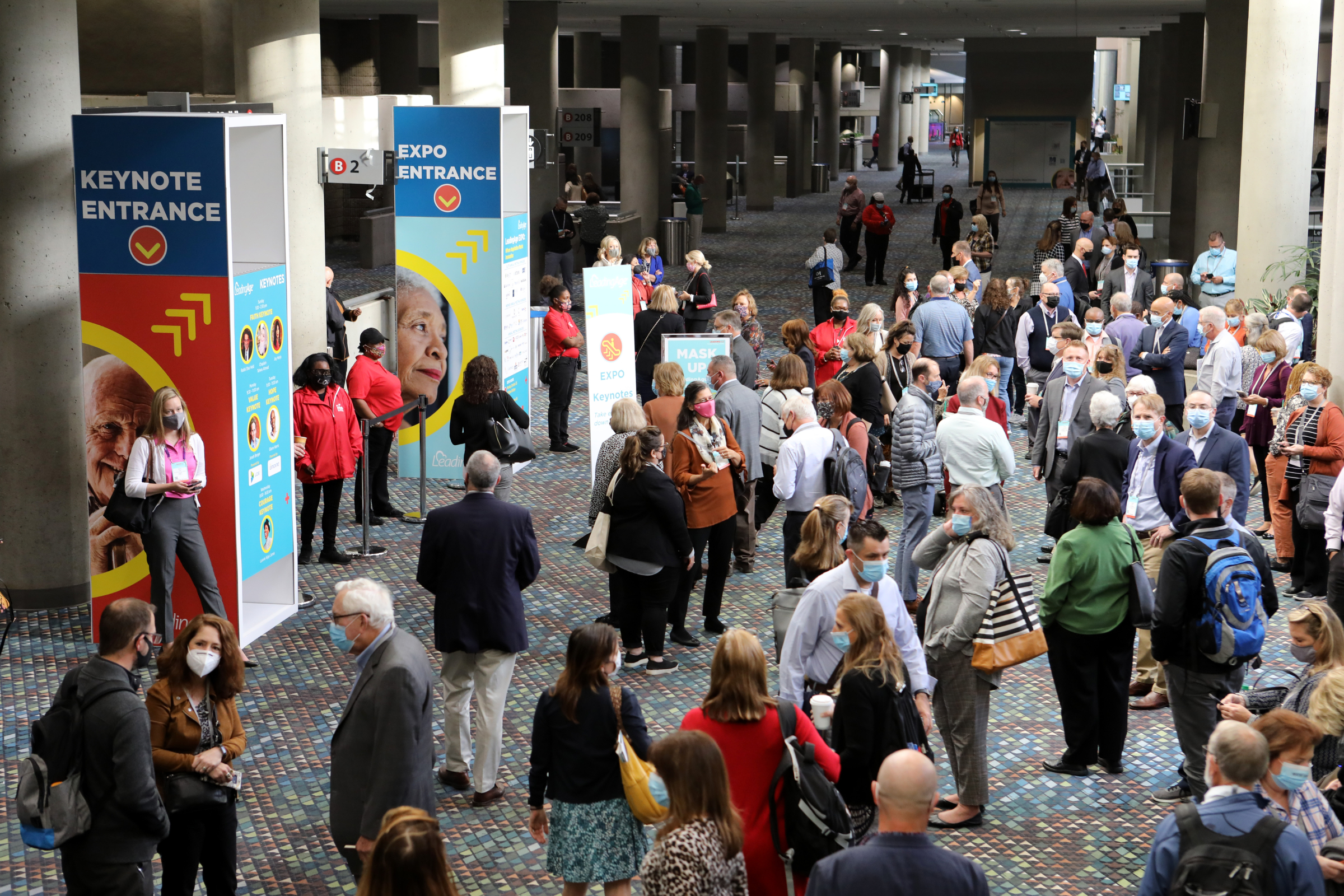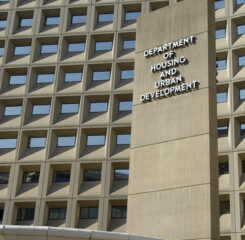House Labor HHS Appropriations Subcommittee Activity
The House Appropriations Subcommittee on Labor, Health and Human Services, Education, and Related Agencies approved by voice vote its fiscal year (FY) 2023 bill on June 23, 2022. The bill provides $242.1 billion, an increase of $28.5 billion – 13 percent – above 2022.
Appropriations Committee Chair Rosa DeLauro (D-CT), said, “With this historic increase, the legislation will prioritize creating and sustaining good-paying American jobs through investments in job training, apprenticeship programs, and worker protection. The funding will also bolster our public health infrastructure with more resources for the Centers for Disease Control and Prevention and for states and local governments to strengthen infrastructure and capacity.” Addressing our nation’s most urgent health crises, including mental health, gun violence, and substance misuse, while making strides to reduce persistent and unacceptable health disparities are also noted priorities.
The bill allocates funding for several federal programs that are of interest to LeadingAge and are highlighted below. In particular, some of the increases proposed in the bill, while modest, could provide some minor relief and assistance in workforce-related programs
Bill Highlights:
Department of Labor (DOL) – The bill provides a total of $15 billion in discretionary appropriations for DOL, an increase of $1.9 billion above the FY 2022 enacted level and $125 million above the President’s budget request. Of this amount, the bill includes:
- $11.8 billion for the Employment and Training Administration, an increase of $1.3 billion above the FY 2022 enacted level and $193.7 million above the President’s budget request. Within this amount, the bill includes:
- $3.1 billion for Workforce Innovation and Opportunity Act State Grants, an increase of $256 million above the FY 2022 enacted level and $116 million above the President’s budget request.
- $303 million for Registered Apprenticeships, an increase of $68 million above the FY 2022 enacted level and the same as the President’s budget request.
- $450 million for the Senior Community Service Employment for Older Americans Program, an increase of $45 million above the FY 2022 enacted level and the President’s budget request.
- $95 million for Foreign Labor Certification, an increase of $15 million above the FY 2022 enacted level. Funds will help support Federal oversight and enforcement of regulations and assist States in reviewing and conducting oversight of processing applications.
Department of Health and Human Services (HHS) – The bill provides a total of $124.2 billion for HHS, an increase of $15.6 billion above the FY 2022 enacted level and $298 million below the President’s budget request. Of this amount, the bill includes:
Health Resources and Services Administration (HRSA) – The bill includes $9.6 billion for HRSA, an increase of $683 million above the FY 2022 enacted level and $792 million above the President’s budget request. The amount includes:
- An increase of $132 million to grow and prepare the behavioral health workforce;
- $324 million, an increase of $44 million above the FY 2022 enacted level, for nursing workforce development;
- $25 million to develop and disseminate best practices for Preventing Burnout in the Health Workforce; and
- An increase of $100 million for health disparities research.
Administration for Community Living (ACL) – The bill funds ACL at $2.9 billion, an increase of $600 million above the FY 2022 enacted level. This amount includes:
- $1.3 billion for Senior Nutrition programs, an increase of $293 million above the FY 2022 enacted level;
- $450 million for Home and Community-based Supportive Services, an increase of $51 million above the FY 2022 enacted level;
- $244 million for Family and Native American Caregivers Services, an increase of $39 million above the FY 2022 enacted level;
- $142 million for Protecting Elder Rights and Preventing Abuse, an increase of $81 million above the FY 2022 enacted level to support Adult Protective Services Grants, and an increase of $17 million for the National Long-Term Care Ombudsman Program;
- $274 million for Direct Service Programs for People with Disabilities, an increase of $40 million above the FY 2022 enacted level; and
- $14.2 million for the Lifespan Respite Program, an increase of $6.1 million above the FY 2022 enacted level.
The bill next heads to the full Committee for markup. LeadingAge is disappointed that some important provisions we had hoped to see in the bill were not included. In particular, we hope the full Committee will consider adding funding to support aging services wage subsidies, new initiatives to support direct care workforce recruitment and retention grants, and funding to support onsite nursing staff coverage.
LeadingAge will continue to advocate for its key workforce priorities for older adults as it moves through this process. Advocates for aging services can continue to ask Congress to fund important priorities for older adults as noted in the LeadingAge FY 2023Action Alert./p>

Most Recommended
November 08, 2024
 HOTMA: New Rules for Housing
HOTMA: New Rules for Housing
November 06, 2024
 Colleagues on the Move, November 6, 2024
Colleagues on the Move, November 6, 2024
November 06, 2024
 Analysis: What Does the Final CY2025 Home Health Rule Include?
Analysis: What Does the Final CY2025 Home Health Rule Include?
October 29, 2024
Katie Smith Sloan Urges Members to Build a Movement, Take Action
Recently Added
December 12, 2024
HUD Releases 2025 Operating Cost Adjustment Factors
December 10, 2024



